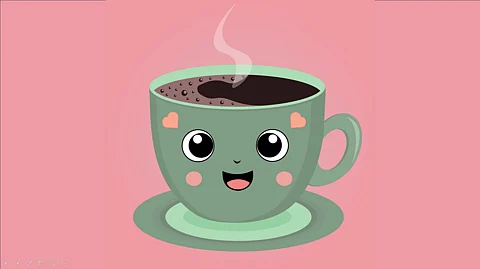

ISTOCK
Cups aren’t just for tea or hot chocolate—they’ve spilled into English in some very colourful ways! Whether you’re describing something you love, warning about a tricky prize, or talking about a silly argument, cup-themed expressions add warmth and personality to everyday conversations. From “my cup of tea” to “storm in a teacup,” these sayings are easy to remember and fun to use. So pour yourself a big mug of language and take a sip from these clever cup expressions!
Meaning: Something you like or enjoy.
Example: Singing in front of a crowd is my cup of tea.
Meaning: Something you don’t enjoy.
Example: Cricket is not my cup of tea—I prefer football.
Meaning: A small problem made to seem bigger than it is.
Example: Their quarrel over seating was just a storm in a teacup.
Meaning: Feeling full of happiness or blessings.
Example: With all my friends here, my cup runneth over.
Meaning: Something that looks good but brings trouble.
Example: Becoming head boy was a poisoned chalice—too much stress!
Meaning: A major sports competition between countries.
Example: Millions watch the cricket World Cup every four years.
Meaning: Completely useless.
Example: A map without labels is as good as a chocolate teapot.
Meaning: A big achievement or prize.
Example: Lifting the championship trophy was the chalice of success.
Meaning: Make someone feel happy or fulfilled.
Example: Helping younger students really fills my cup.
Meaning: Pass on a prize or title to someone else.
Example: The old champions handed over the cup to the new winners.
Meaning: A friendly gesture or act.
Example: She offered me tea—a real cup of kindness.
Meaning: Win first place in a competition.
Example: Our school took the cup at the district finals.
Meaning: A life full of good things.
Example: After graduation, my overflowing cup was filled with pride.
Meaning: Someone trusted with an important role (from history).
Example: In ancient courts, the cupbearer served the king’s drink.